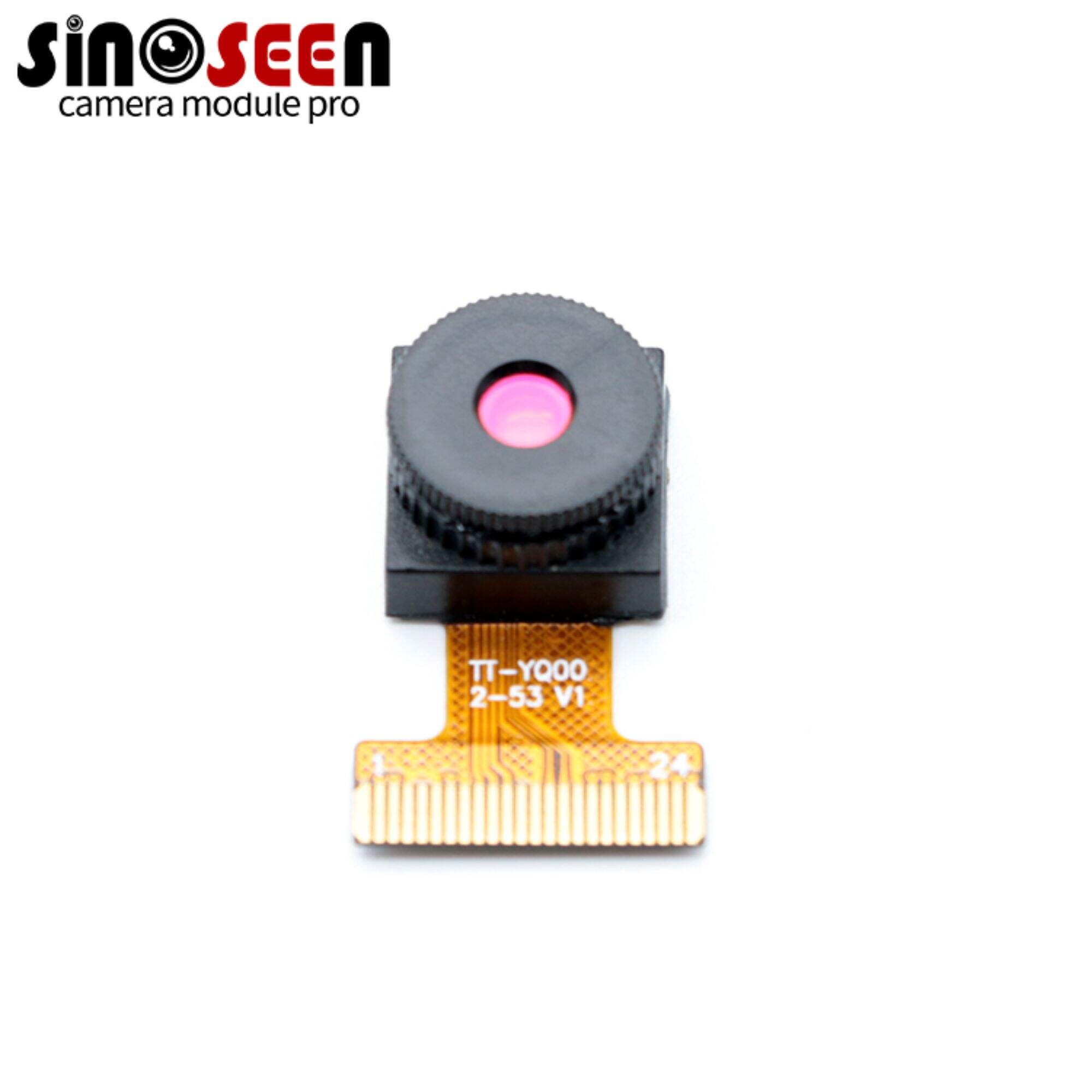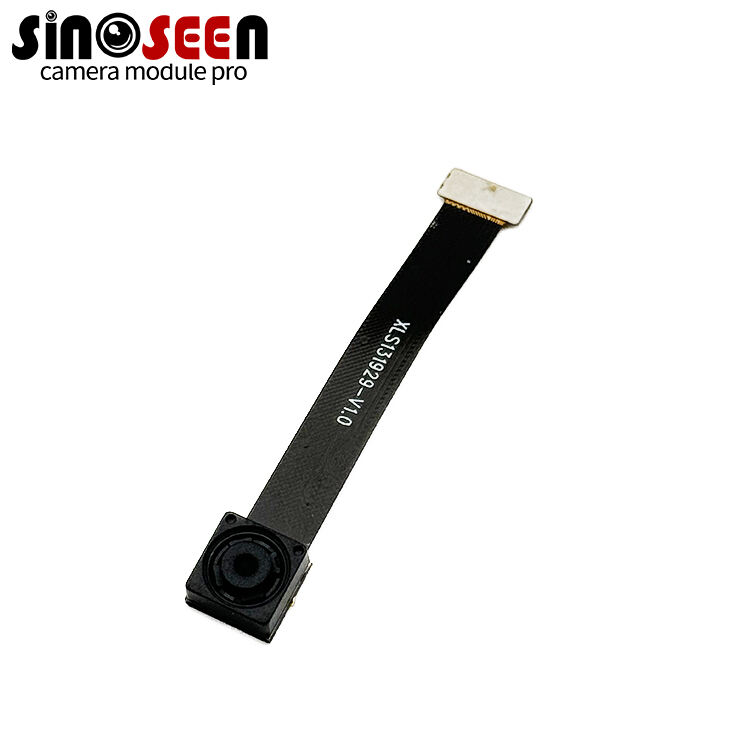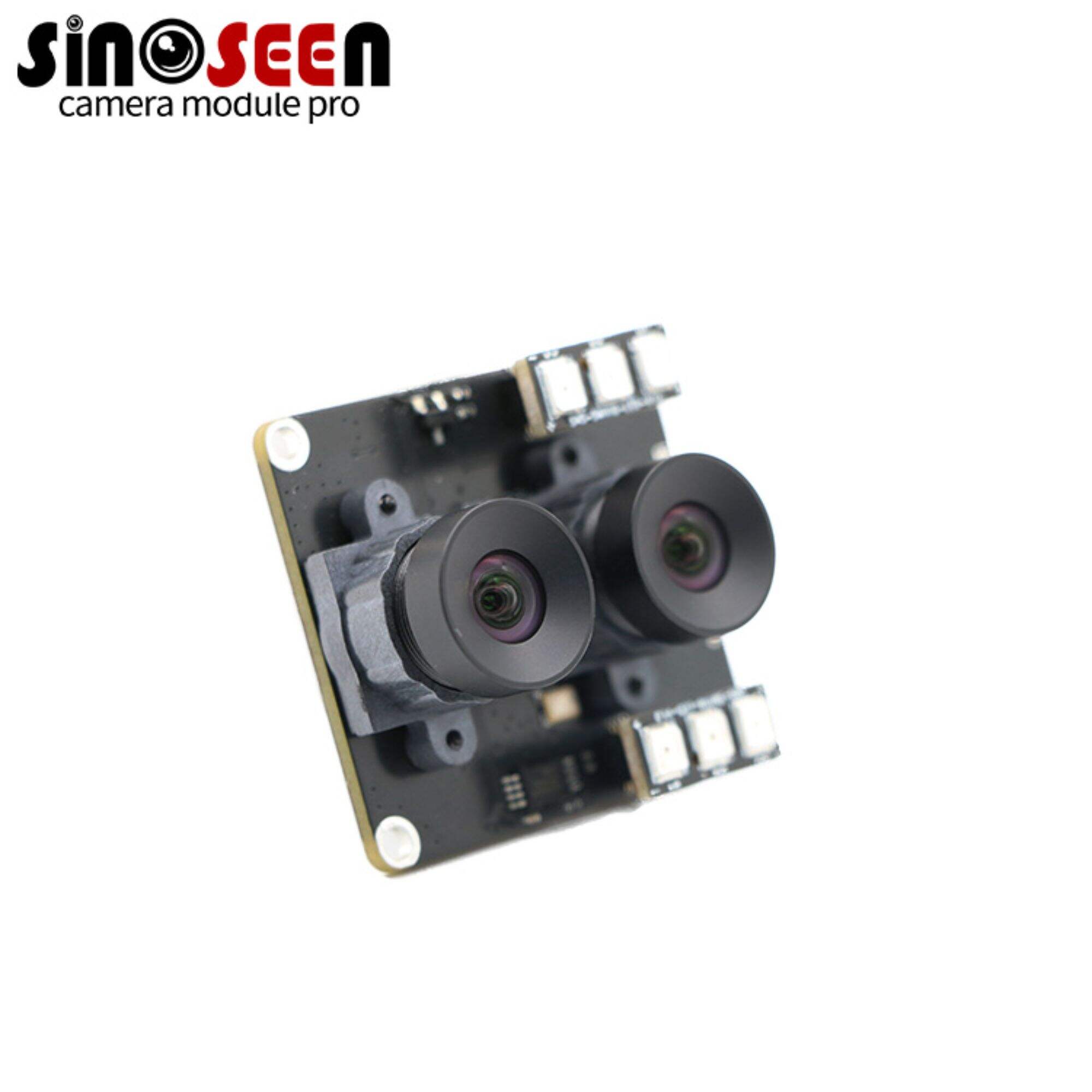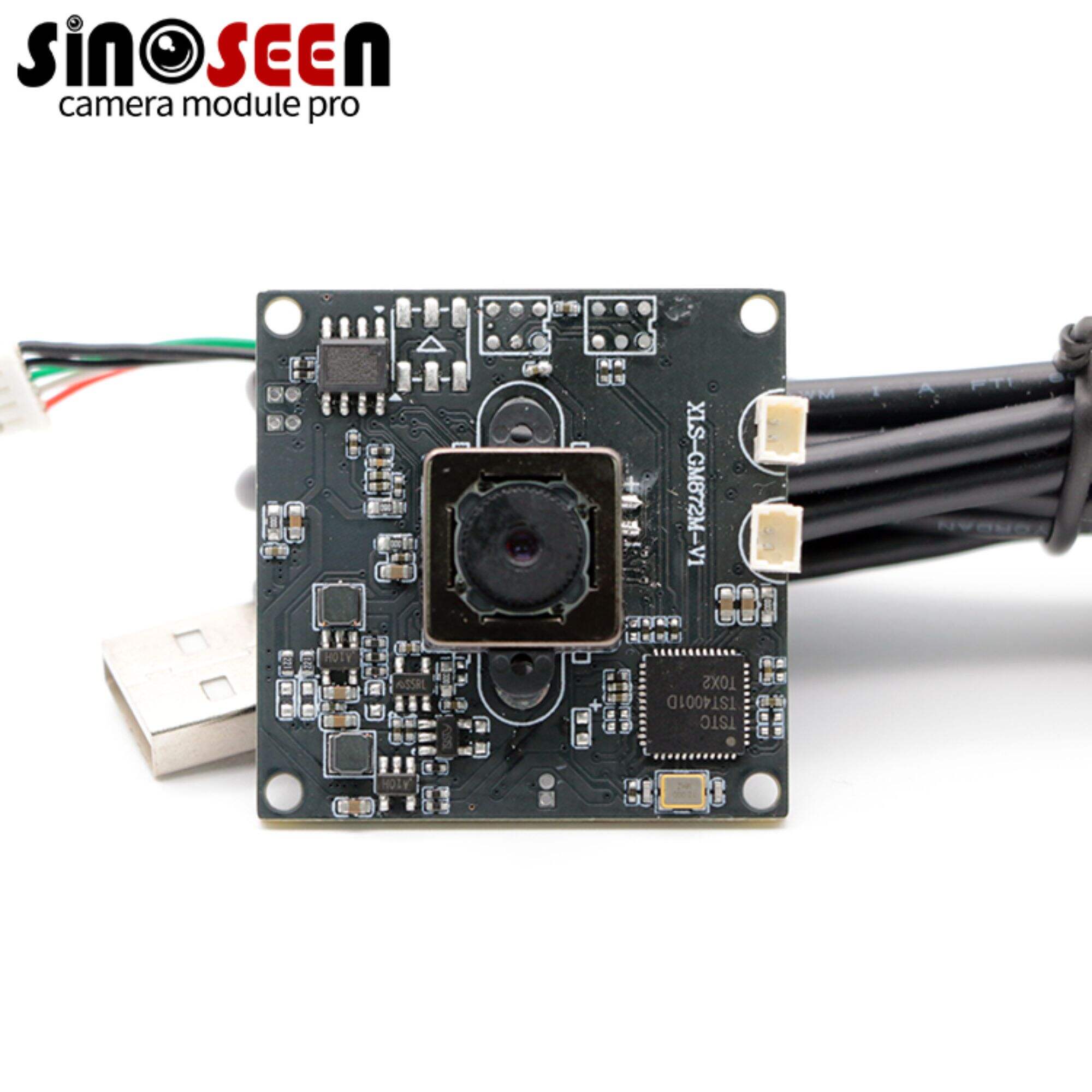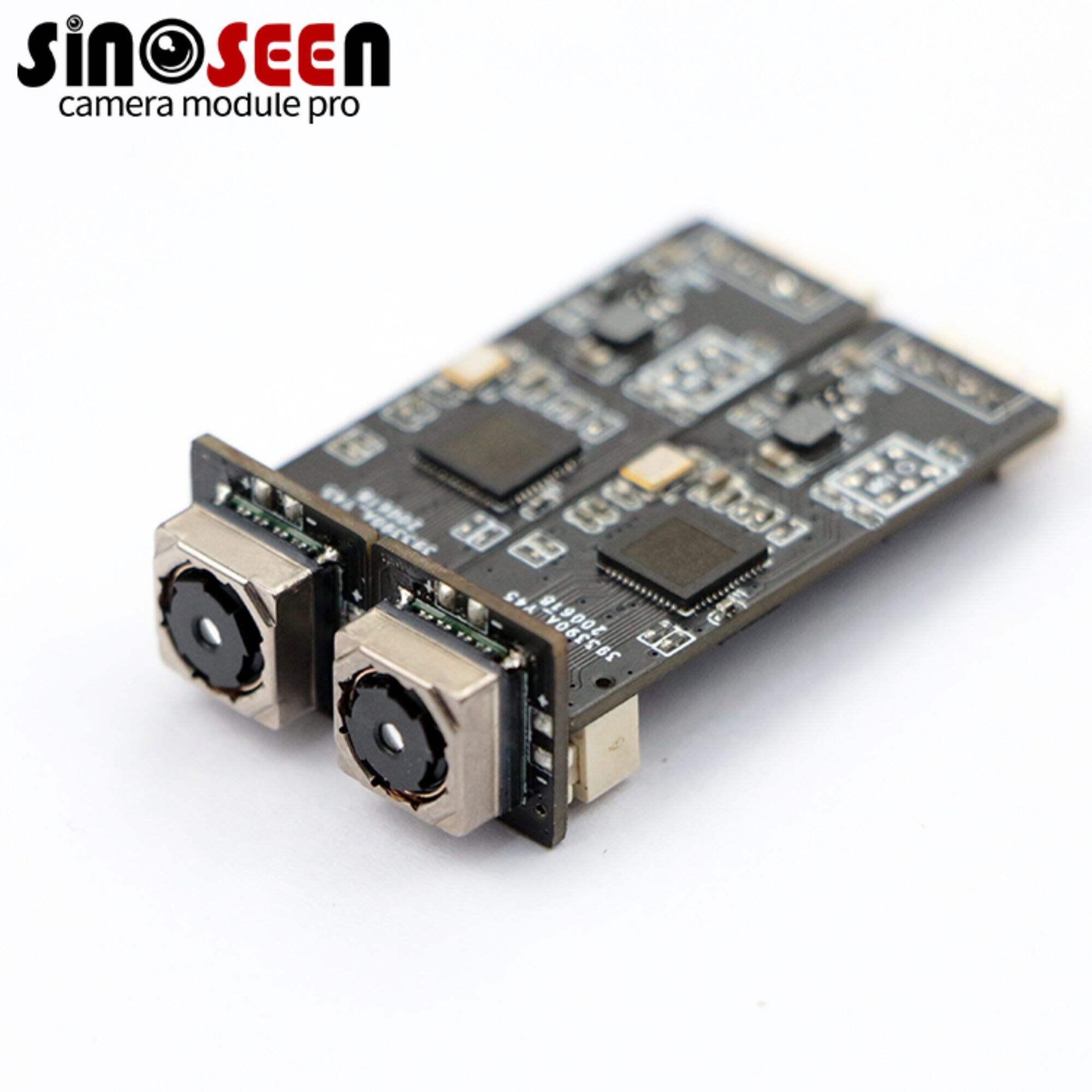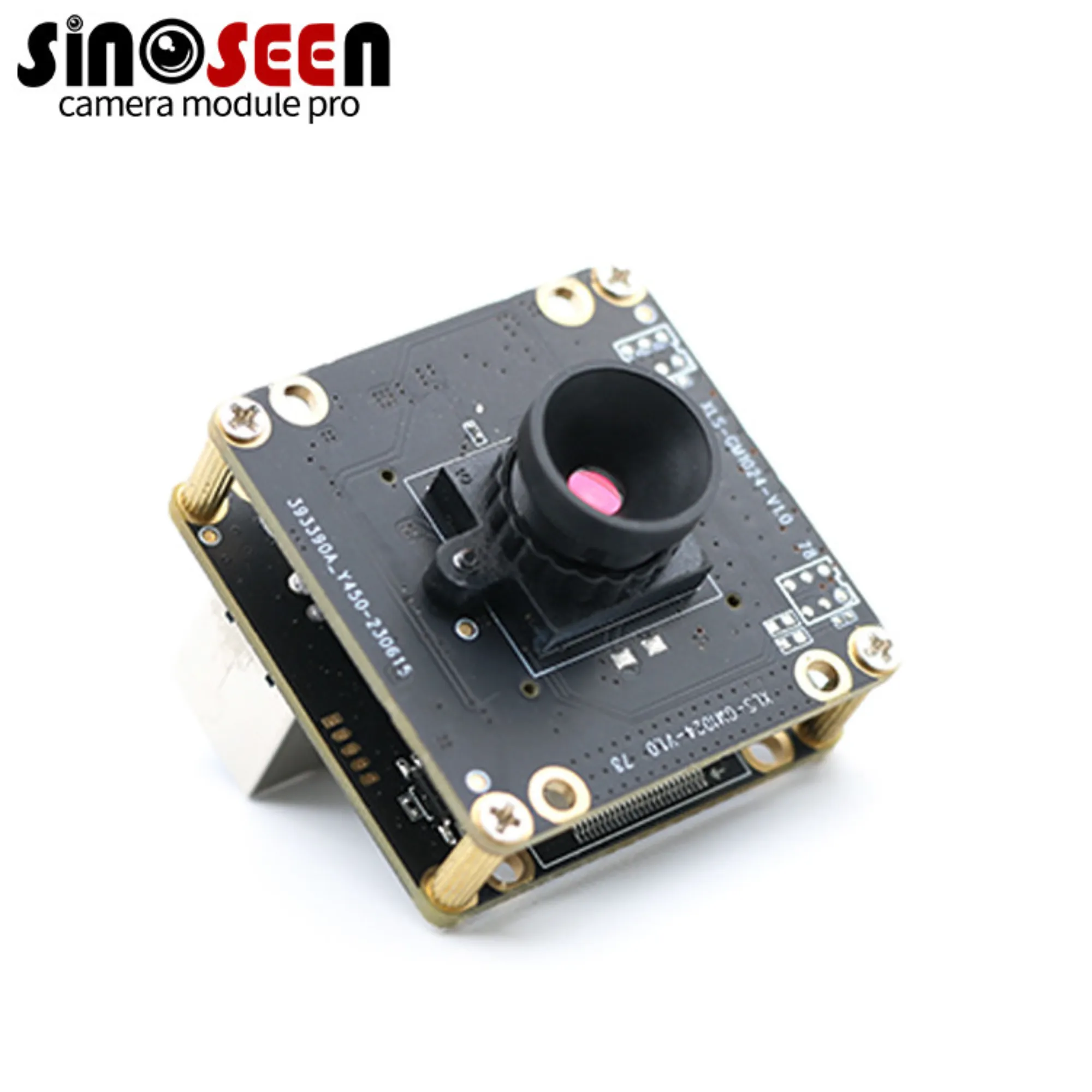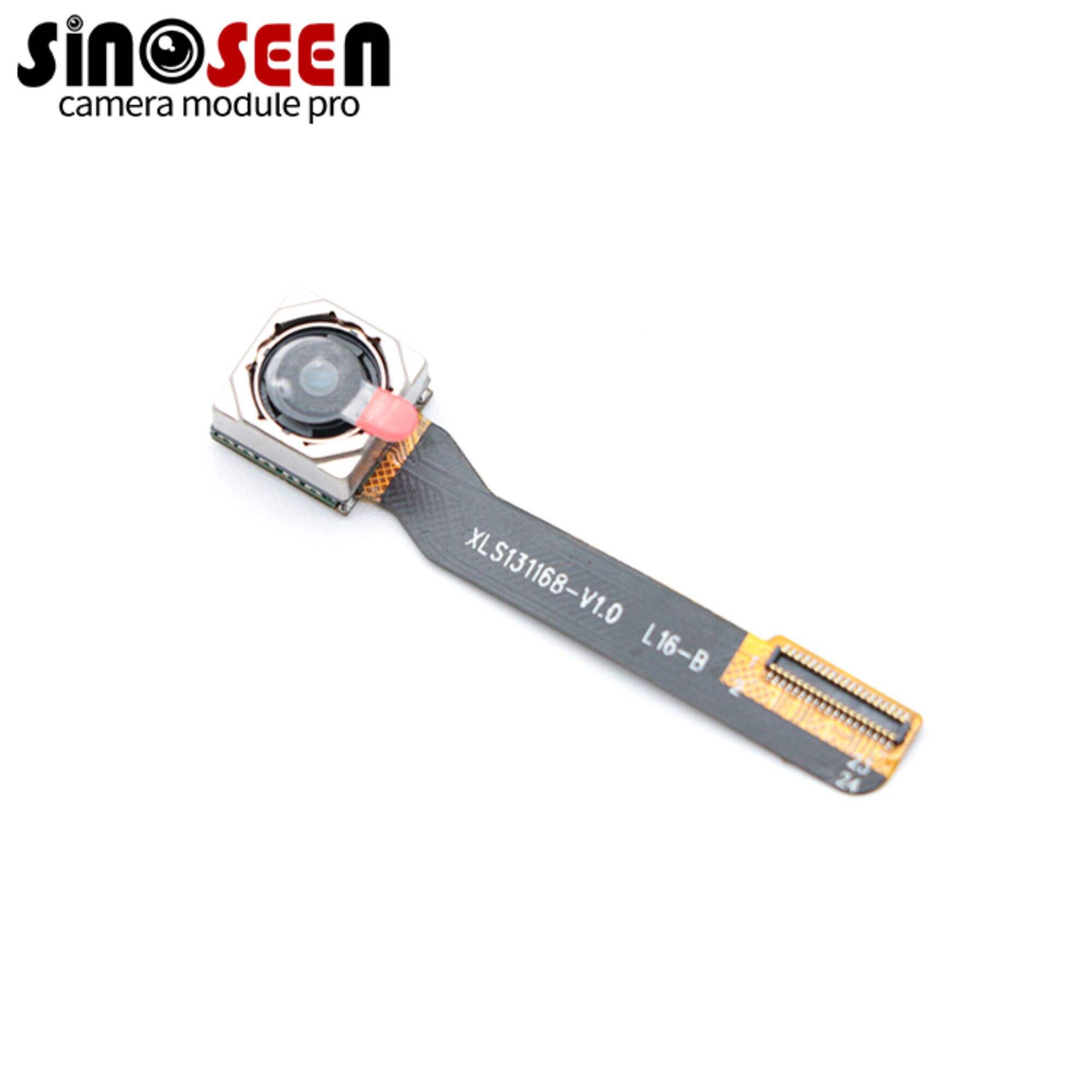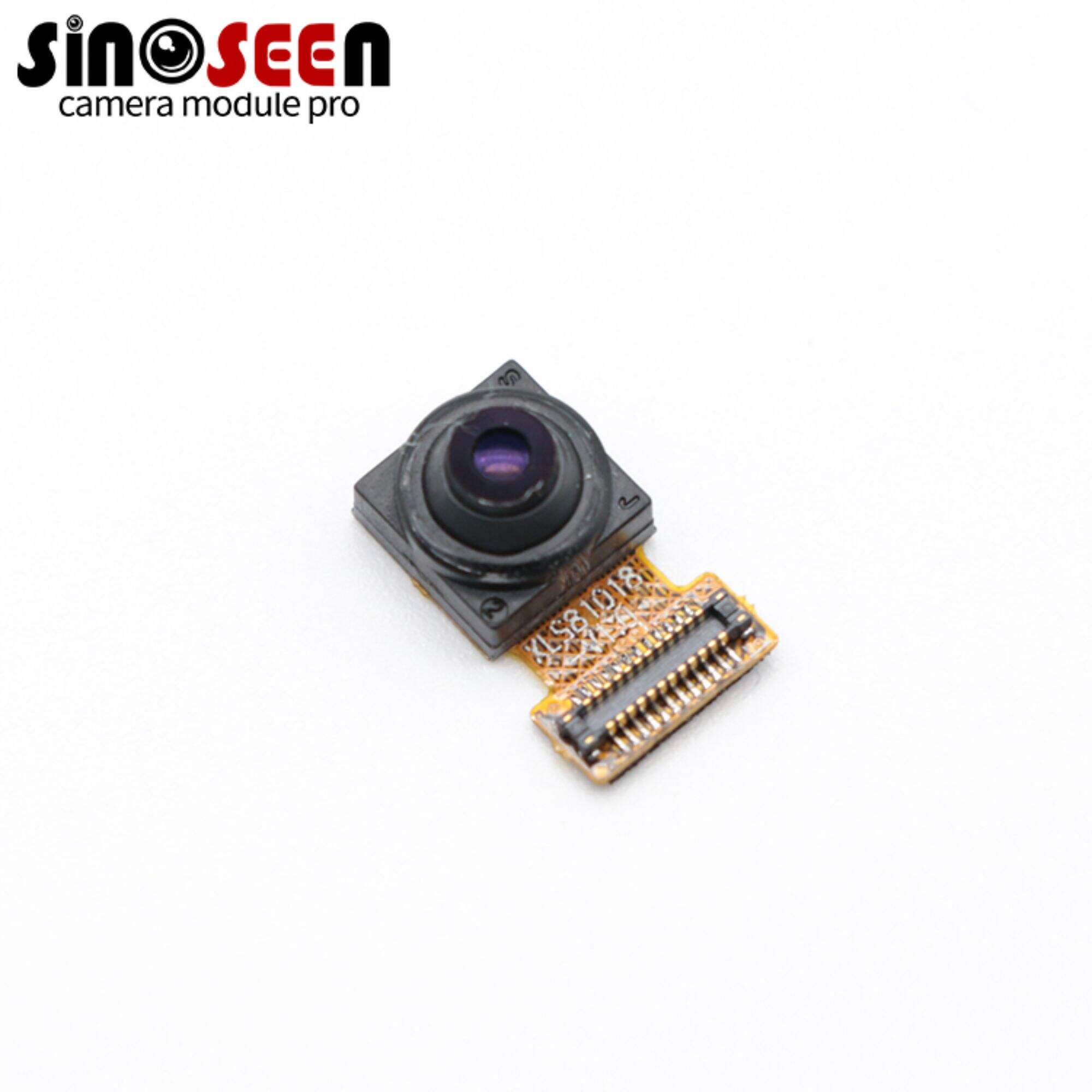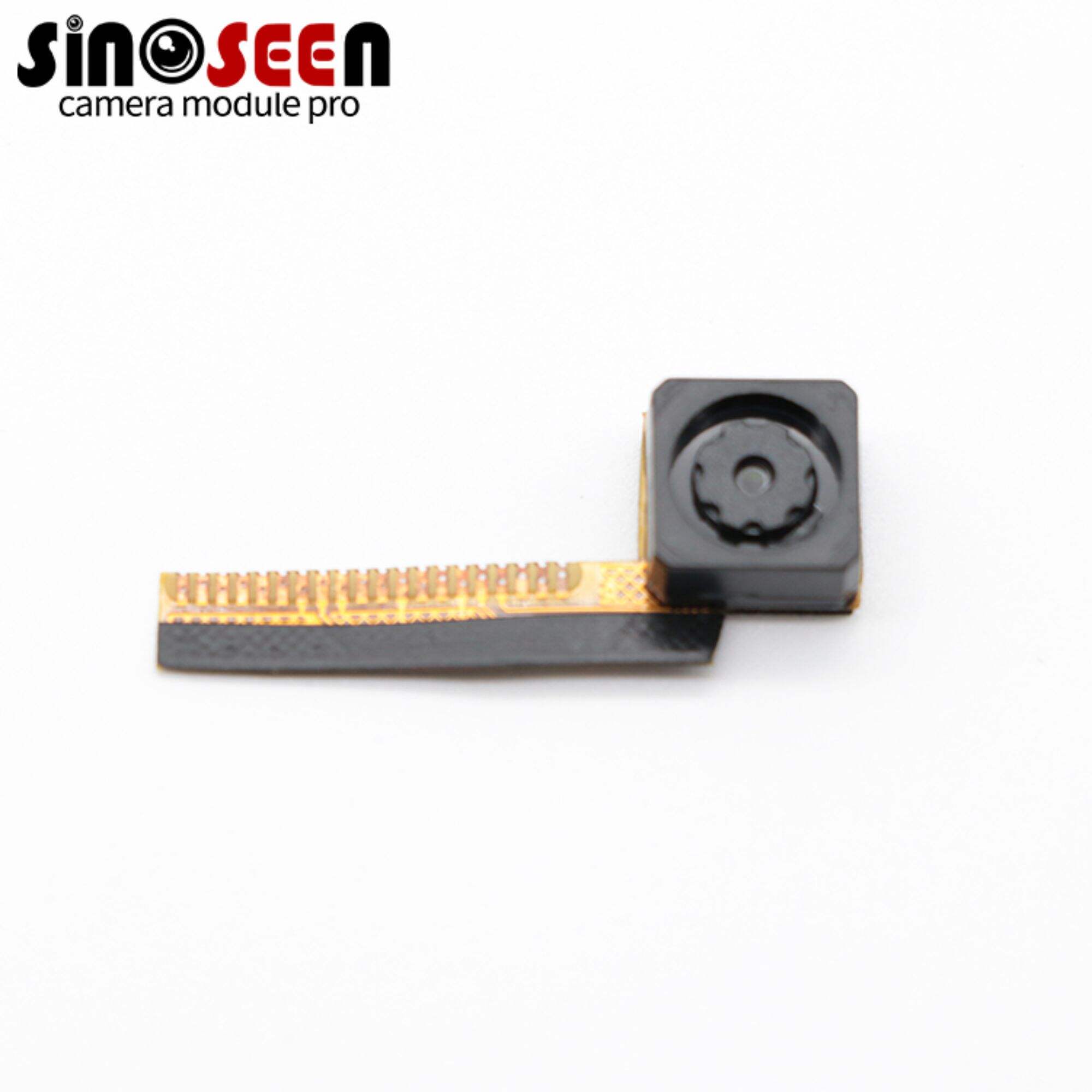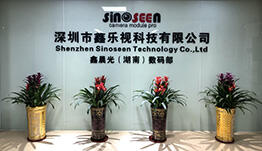How Does a 4K Camera Module Improve Image Detail?
Understanding the Revolution in Digital Image Capture
The evolution of digital imaging has taken a quantum leap with the introduction of 4K camera modules. These sophisticated imaging components have fundamentally transformed how we capture and experience visual content. By incorporating cutting-edge sensor technology and advanced image processing capabilities, a 4K camera module delivers unprecedented clarity and detail that was once exclusive to professional-grade equipment.
Today's 4K camera modules represent the perfect fusion of compact design and superior performance, enabling everything from smartphone cameras to security systems to capture stunning imagery with four times the resolution of standard HD. This technological advancement has opened new possibilities across multiple industries, from content creation to industrial inspection.
Technical Foundation of 4K Image Quality
Resolution and Pixel Density
At the heart of a 4K camera module lies its impressive resolution capabilities. With approximately 8.3 million pixels (3840 x 2160), these modules capture significantly more detail than their predecessors. This increased pixel density allows for sharper edges, smoother gradients, and more accurate color reproduction. When examining fine details like textile patterns or architectural features, the difference becomes immediately apparent.
The enhanced pixel count doesn't just mean more detail - it translates to better digital zoom capabilities and improved post-processing flexibility. Content creators can crop into their footage while maintaining high resolution, offering greater creative freedom in post-production.
Sensor Technology and Light Capture
Modern 4K camera modules incorporate advanced sensor technologies that maximize light capture and processing efficiency. These sensors feature improved photosensitive elements that can gather more light information per pixel, resulting in better performance in various lighting conditions. The combination of higher resolution and enhanced light sensitivity produces images with superior dynamic range and reduced noise.
The sophisticated image signal processors (ISPs) integrated into these modules perform real-time adjustments to optimize exposure, color balance, and contrast. This ensures consistent image quality across different shooting scenarios, from bright daylight to challenging low-light situations.
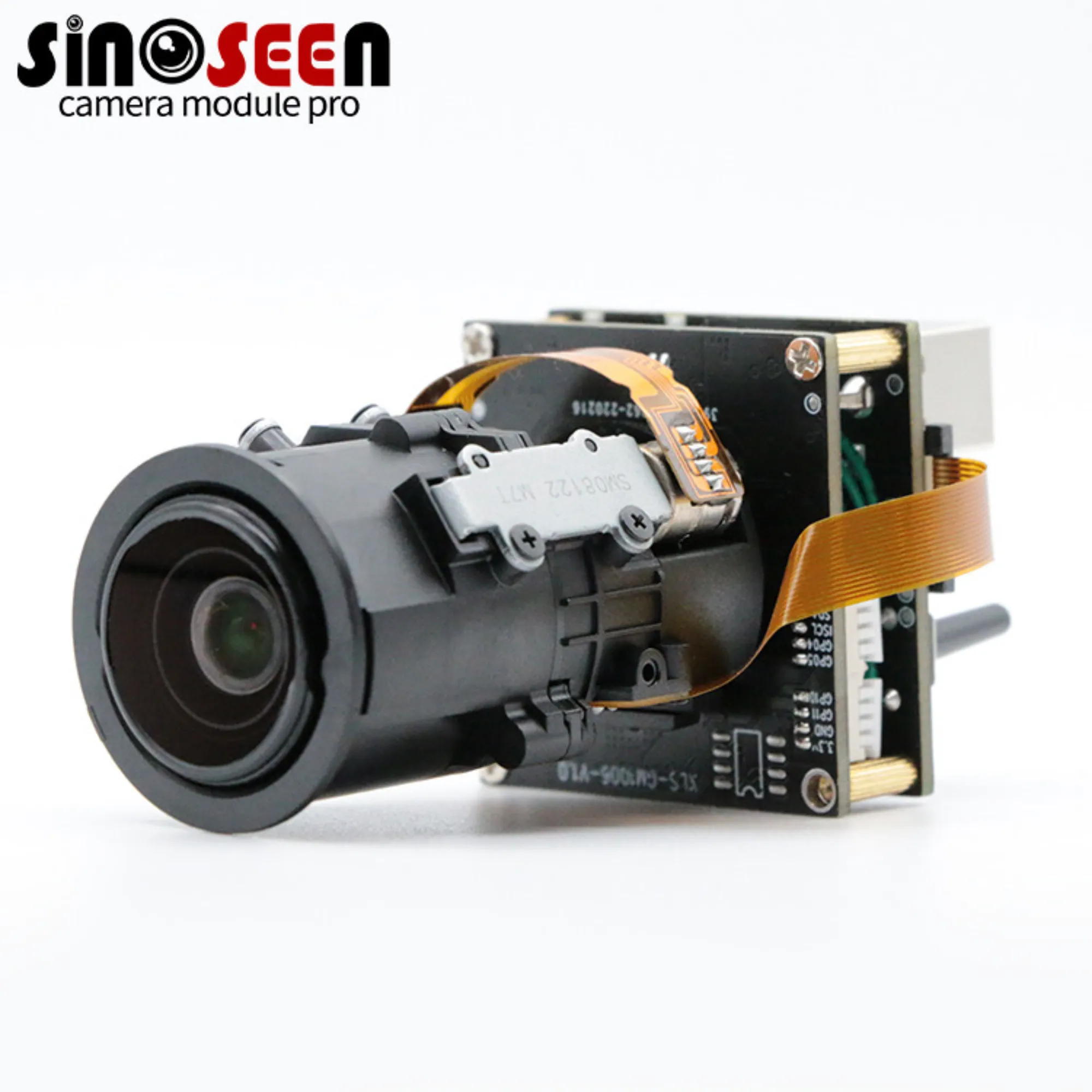
Practical Applications and Benefits
Professional Content Creation
The implementation of 4K camera modules has revolutionized content creation across multiple platforms. Filmmakers and videographers can now capture cinema-quality footage using relatively compact equipment. The superior resolution enables seamless integration with professional post-production workflows, allowing for sophisticated color grading and special effects.
Live streaming and broadcast applications benefit particularly from 4K camera modules, as they can deliver immersive viewing experiences that maintain quality even on large displays. The additional detail captured makes these modules ideal for sports broadcasting, where viewers expect to see clear action even in wide-angle shots.
Industrial and Scientific Applications
In industrial settings, 4K camera modules serve critical quality control and inspection functions. The high resolution enables automated systems to detect microscopic defects in manufacturing processes, while the improved color accuracy aids in precise material analysis. Medical imaging and scientific research have also embraced these modules for their ability to capture minute details crucial for accurate diagnosis and documentation.
The integration of 4K camera modules in machine vision systems has enhanced the capabilities of automated inspection processes, allowing for more reliable quality control in production lines. This technology has become indispensable in industries where precision and accuracy are paramount.
Future Developments and Trends
Enhanced Processing Capabilities
The evolution of 4K camera modules continues with improvements in processing power and efficiency. Manufacturers are developing more sophisticated image processing algorithms that can handle higher data rates while consuming less power. This advancement is particularly important for mobile devices where battery life is a crucial consideration.
Artificial intelligence and machine learning integration are enabling these modules to make more intelligent decisions about exposure, focus, and scene optimization. These smart features are helping to bridge the gap between professional and consumer photography, making it easier for users to capture exceptional images.
Integration with Emerging Technologies
The future of 4K camera modules is closely tied to emerging technologies like augmented reality and computer vision. These modules are becoming essential components in systems that require high-fidelity visual input for real-time analysis and response. The increasing adoption of IoT devices and smart systems will continue to drive innovation in camera module technology.
As display technologies advance, the demand for higher quality image capture will grow, pushing the boundaries of what 4K camera modules can achieve. The industry is already exploring beyond 4K resolution, though current 4K technology remains the sweet spot for most applications, balancing quality with practical considerations like data storage and processing requirements.
Frequently Asked Questions
What makes a 4K camera module different from standard HD cameras?
A 4K camera module captures images at a resolution of 3840 x 2160 pixels, providing four times the detail of standard HD (1920 x 1080). This higher resolution, combined with advanced sensor technology and improved image processing, results in significantly sharper images with better color accuracy and dynamic range.
How does a 4K camera module handle low-light conditions?
Modern 4K camera modules incorporate advanced sensor technology with improved light sensitivity and sophisticated image processing algorithms. These features work together to reduce noise, optimize exposure, and maintain image quality even in challenging lighting conditions.
Can 4K camera modules be used in small devices?
Yes, thanks to advances in miniaturization and efficient design, 4K camera modules can be integrated into compact devices like smartphones, action cameras, and security systems while maintaining high performance and image quality. Manufacturers continue to develop smaller modules without compromising on capabilities.

 EN
EN
 AR
AR
 DA
DA
 NL
NL
 FI
FI
 FR
FR
 DE
DE
 EL
EL
 HI
HI
 IT
IT
 JA
JA
 KO
KO
 NO
NO
 PL
PL
 PT
PT
 RO
RO
 RU
RU
 ES
ES
 SV
SV
 TL
TL
 IW
IW
 ID
ID
 SR
SR
 VI
VI
 HU
HU
 TH
TH
 TR
TR
 FA
FA
 MS
MS
 IS
IS
 AZ
AZ
 UR
UR
 BN
BN
 HA
HA
 LO
LO
 MR
MR
 MN
MN
 PA
PA
 MY
MY
 SD
SD

